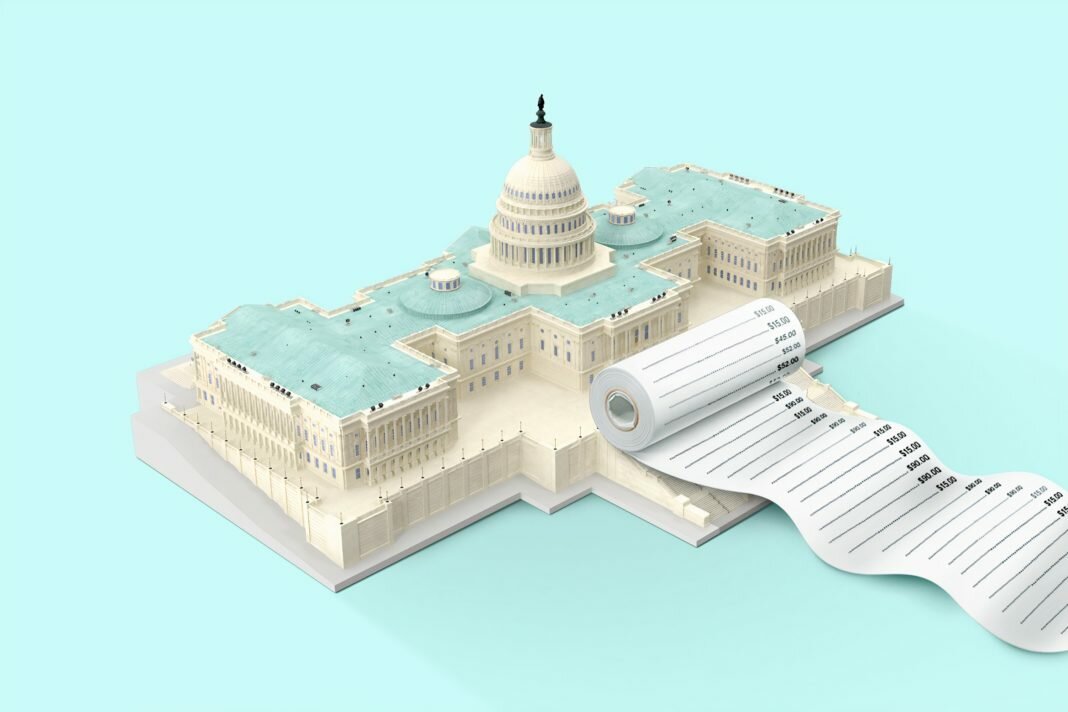Brief • 3 min Read

The difficult times that have risen due to COVID-19 have led to a much more conservative approach to spending. The vast majority of people (82%) have experienced a decrease in personal monthly spending and even worse, 62% of people have experienced a decrease in their total household income. Although spending is low at the moment, people seem to be optimistic about returning to normal spending. 43% of those who experienced a drop in personal spending expect to return to normal spending in 1-2 months, and 81% believe they will return to normal spending within the year.

Women generally believe it will take longer for their spending to return to normal; 38% of women believe their spending will return to normal within six months, whereas, 49% of men feel that way. Furthermore, 15% of women believe spending will return to normal within 1-2 years, but only 9% of men believe that it will take that long and 14% of women between 55-64 believe that their spending will never return to normal.
As a result of the troubling financial times, the majority of America is in need of some form of Government aid. 69% of Americans have received a stimulus check and 1 in 10 Americans have received unemployment aid.
However, not everyone views the Government support as helpful. In fact, only 69% of those who received support reported that it helped them a great deal/some and this was seen as consistent across all household incomes. A further breakdown of the data showed that 76% of people with income between $50K-$99.9K received stimulus payment, only 70% of people with income less than $50K did. Middle age people seemed to believe that the Government support was not beneficial as compared to other age groups. 22% of people between 45-54 felt that the stimulus payment/unemployment support did not help with financial position at all.
Even though the last three months have been detrimental to Americans financial stability, people still are optimistic about their spending in the next three months. Based on current interest rates, 55% of men are somewhat/much more likely to make a large purchase (e.g. a house or car) in the next three months, whereas, only 31% of women feel that way.
Methodology
This survey was fielded online from June 15 – 17, 2020, among a nationally representative sample of 2033 U.S adults.
Subscribe for more Insights
Subscribe to our newsletter for the latest trends in business, politics, culture, and more.
Download the Data
Get the full data tabs for this survey conducted online within the United States by The Harris Poll on behalf of Yahoo Finance between June 15 – 17, 2020, among a nationally representative sample of 2033 U.S adults.
Download
Subscribe for more Insights
Subscribe to our newsletter for the latest trends in business, politics, culture, and more.
Download the Data
Get the full data tabs for this survey conducted online within the United States by The Harris Poll on behalf of Yahoo Finance between June 15 – 17, 2020, among a nationally representative sample of 2033 U.S adults.
DownloadRelated Content







